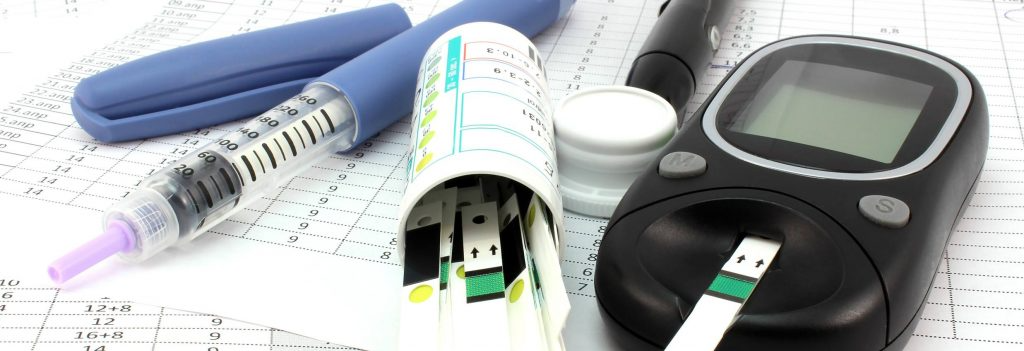Diabetics and Vision
A major concern of those with diabetes is that the disease may lead to blindness. While people with diabetes are at higher risk of blindness that those without diabetes, this doesn’t necessarily mean you will lose your vision. In fact, most people who have diabetes experience nothing more than minor eye disorders.
That being said, since those with diabetes are at higher risk, we recommend regular checkups to avoid major problems.
Gluacoma
Those with diabetes are 40% more likely to suffer from gluacoma that those without. Just as with most eye disorders, risk increases with age. Glaucoma occurs when the pressure builds up in the eye, when the pressure builds it pinches the blood vessels in the eye that carry blood to the retina and optic nerve. Vision loss deteriorates due the damage of the retina and nerve.
At Dougherty Laser Vision we have the experience and treatment options for gluacoma. We can explain your options after evaluating your condition. There are non invasive treatments such as medications and invasive treatment such as surgery to treat glaucoma.
Cataracts
Cataracts are all but certain as you age. The older you are the more risk you are at to get a cataract. Those will diabetes are 60% more likely to develop this eye condition. While people with cataracts generally experience them after the age of 65, those with diabetes tend to get cataracts at a younger age and progress faster.
Cataract surgery technology has allowed surgeons to be more precise. Procedures can be done quicker and safer than those of a decade ago. Click here to learn more about Cataract Surgery.
Diabetic Retinopathy
Diabetic retinopathy is a complication those with diabetes experience when the there is damage to the blood vessels of the retina. This condition only causes mild vision problems at first but can eventually lead to blindness. This is why we urged our patients with diabetes to have routine eye exams to identify issues before they become major complications.
While there is no cure for diabetic retinopathy, laser treatments have proven to be very effective in preventing vision loss if caught early enough. Surgery may also be an option is the retina has not been severely damaged.
There are two main types of retinopathy, nonproliferative and proliferative.
Nonproliferative Diabetic Retinopathy is the most common form of retinopathy. The blood vessels in the back of the eye balloon to form pouches. The damaged blood vessels int eh retina begin to leak fluid and small amounts of blood into the eye.
Proliferative Diabetic Retinopathy is the more severe case of retinopathy and occurs when the blood vessels in the retina close, preventing the flow of blood. Due to this, the retina begins to grow new blood vessels. These blood vessels are abnormal and do not provide the proper blood flow, resulting in additional scar tissue that often causes the retina to wrinkle or detach.
If you have diabetes and have concerns about your vision, contact us today to discuss your options. If you have been told you can’t have vision correction surgery because of your diabetes, contact us to get a second opinion.
Dougherty Laser Vision offers full service ophthalmology services in Southern California.



